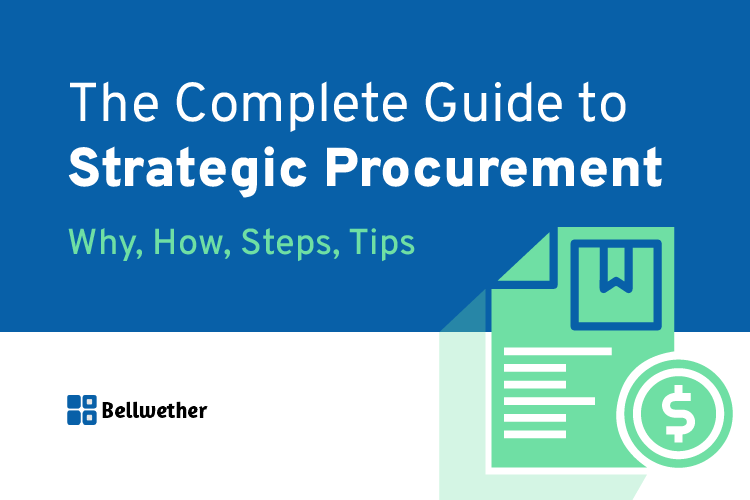For the past 1-2 decades, there has been a dramatic change in the procurement profession and it is continuously changing. These changes required the procurement professional or purchase manager to enhance his or her skills and become proficient on the topics not dealt with before123.
More than one decade ago the procurement profession was purely seen as a clerical function wherein they do little more than enter and track purchase orders without any critical or analytical thinking. It simply wasn’t in the job description at that time. However, over time, many companies began to realize that if a procurement department performs better, it can have a huge impact on their income especially for small organizations. Timely performance and modernization can have an incredible effect in the competitive advantage and boost their income as well. Therefore, the change in the role of procurement or purchasing manager was partly driven by the senior executives who discover that a procurement department has a big potential to become even more productive.
Certainly, more skills are required to reduce and contain the costs compared to changing requisitions. Purchasing managers need more skills and these skills can be obtained through various trainings provided by his company. The trend for higher skills is shown by the continuous increase in the trainings that a procurement professional may obtain. Having more complicated responsibilities means more skills are being required. The individuals who pursue the ever-changing world of procurement and have a desire for additional education are those who acquire personal and professional success.
The Evolution
The procurement professional or purchasing manager understands that extensive skills are needed in order to become successful in today’s job market. These skills include mastering the process of negotiation and procurement. A procurement professional is also required to be excellent in other things such as managing risks, utilizing innovative tools available, conducting various sophisticated analyses, using the best practices for project management, working together with the suppliers, searching for supply sources worldwide and many more.
A purchasing manager is also aware that he needs other skills that will allow him to integrate better his procurement function in the business. For instance, he or she is expected to understand the finances and how his work contributes to the entire performance of the organization. Because of these added knowledge and skills, the role of the purchase manager as a clerical function has transitioned into one of a strategic thinker.
As a strategic thinker, the manager’s mindset is expected to be focusing on the organization or business. They try to find ways on how to make the vision of the business come into reality by developing the team-work abilities, critical thinking and problem solving. A strategic thinker carefully examines the repercussion of every decision or choice and cautiously analyzes the available options before making a final decision. They provide emphasis on the objectives and vision of the company for the future and then move backwards to work on the current situation. The role of a strategic thinker in the company is extremely important as without this forward-thinking position, the organization risks making decisions which are lacking in insights and creativity developed from the process of strategic thinking. Purchasing managers as strategic thinkers should be an essential part of your business.






